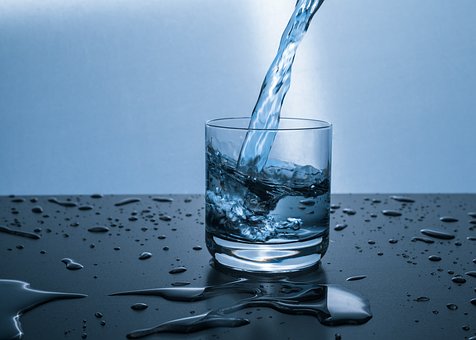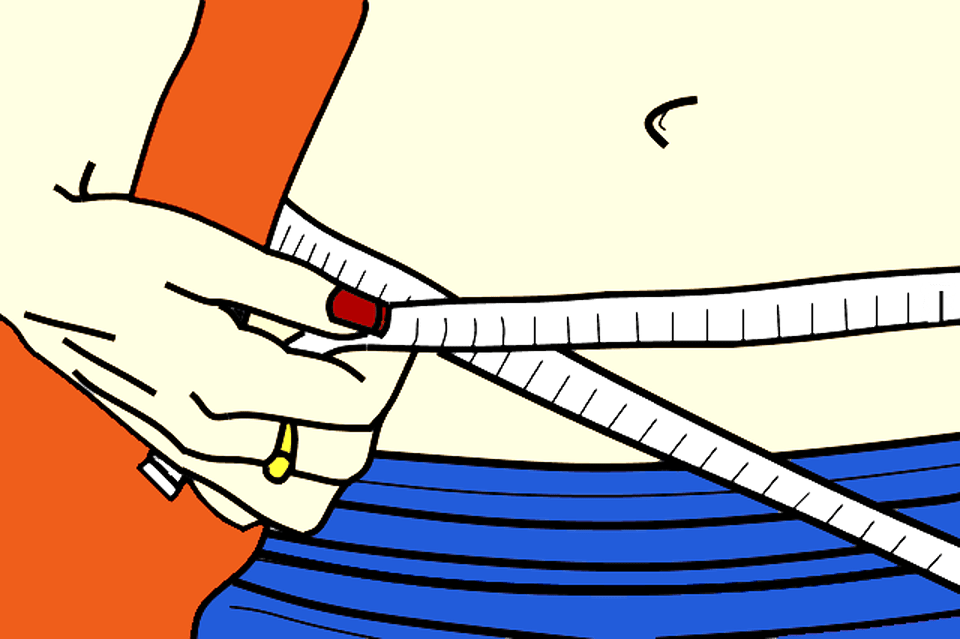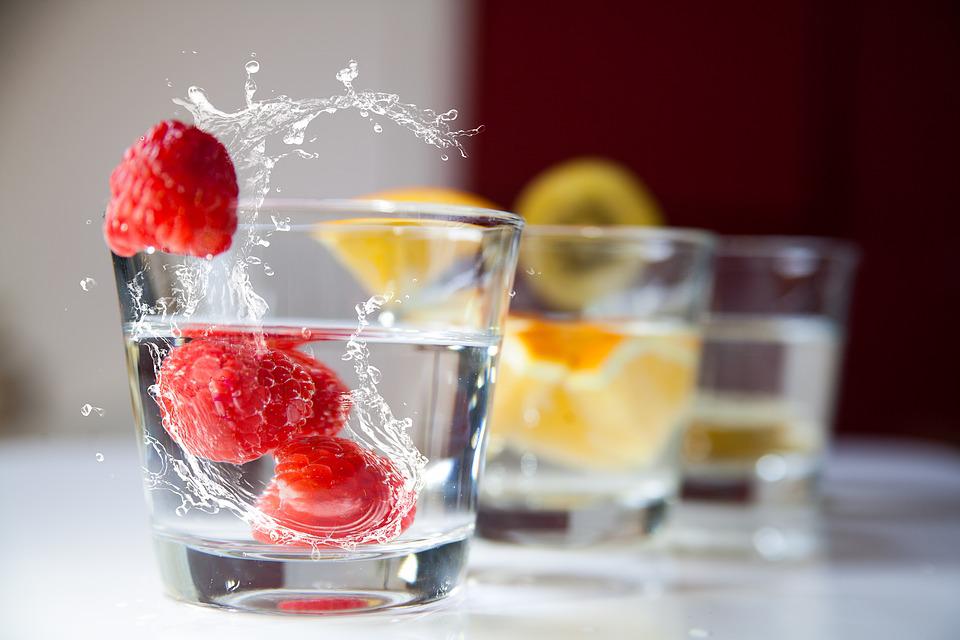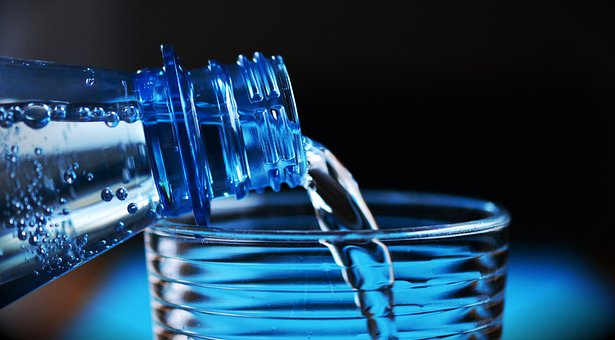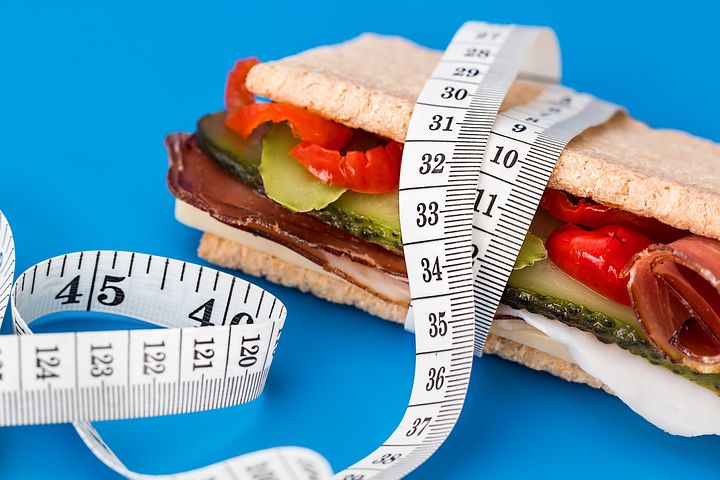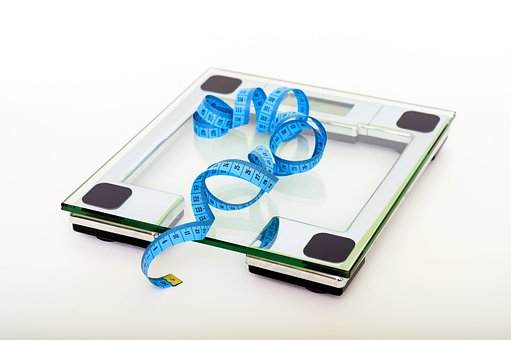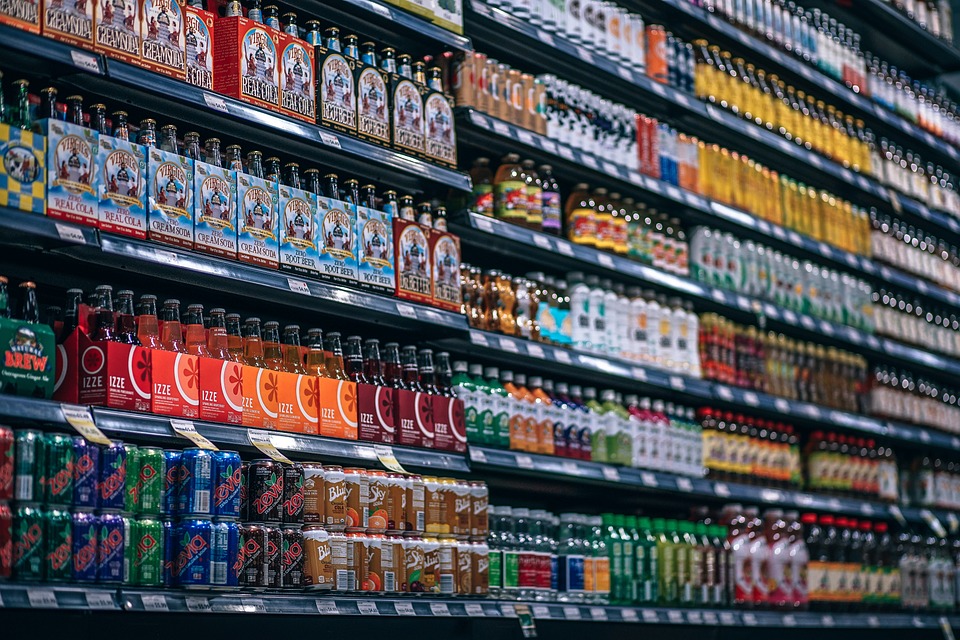
First Thing’s First: What is a Calorie?
Most people who have told me that calorie counting doesn’t work can’t actually define the word. All they know is that counting calories has not helped them lose weight.
Well, to really understand why calorie counting is still the simplest way to lose weight, and how to do it correctly, you need to know a lot more than that. But let’s start with the simple:
A calorie is the amount of energy needed to heat 1 kilogram of water at 1 degree Celsius.
A calorie is a unit of measurement for energy.
The amount of calories in food indicates how much potential energy it contains. Foods vary in how energy dense they are, with some containing more calories per tablespoon than others. For example, olive oil has around 100 calories worth of energy per tablespoon, while protein powder has around 30 calories worth of energy per tablespoon.
The calories found in food are measured by devices called calorimeters. There are many different types of calorimeters, but they all use the laws of thermodynamics and measure different heat-related properties of food.
It’s important to know that a calorie isn’t an abstract symbol that may or may not be related to weight loss. A calorie is a real, scientifically measurable unit of energy that food contains.
What Your Body Does With Calories
After asking people what a calorie is, I follow up by asking what people think their body does with calories.
People usually say they don’t know why eating carbs makes them gain weight, or they think carbs are stored as fat. Although this is technically correct, there is more to it than that.
The energy our bodies need to stay alive comes from the food we eat. Every cell in our body needs a regular supply of fuel to function properly.
The quantity of energy that your body uses to maintain all of its basic functions while you are at rest is called your basal metabolic rate, or BMR. This number is determined by measuring how much energy you use in a day.
The basal metabolic rate is the rate at which an organism uses energy to maintain vital processes such as breathing and heart function.
For example, I am currently 29 years old, 6’2, and 189 pounds with 7% body fat. According to the Katch McArdle formula, my BMR should be around 2,100 calories per day. This is the amount of energy my body should burn daily, not including any physical activity.
I’m saying that your BMR shouldn’t be taken as an absolute number because it can change based on your long-term dietary and exercise habits. This change is known as “metabolic adaptation” and is an interesting topic on its own.
The Katch McArdle formula is accurate for predicting most people’s BMR.
The amount of energy you burn through physical activity added to the energy your body burns at rest is your “total daily energy expenditure,” or “TDEE.” This is the grand total of energy that your body burns in a 24-hour period and it changes from day to day (you move more on some days and less on others).
Where, then, does our body get all this energy it needs? There are two sources:
- The food you eat.
- Its energy stores, mainly in the form of fat and muscle
The energy that the body needs in order to create fats and muscles comes from the food that we eat. Our bodies cannot store energy in the form of fat or muscle without being supplied with the ingredients found in food, such as carbohydrates, fats, and amino acids.
If your body has energy available from food you just ate, it doesn’t need to tap into its own energy (fat) stores. This “fed” state wherein the body runs fully on energy from food can last anywhere from 3 to 6+ hours after you eat, depending on the size and composition of the meal.
When you eat, your body is taking in more energy than it is using, so it stores the excess as fat.
A lot of the calories we consume are stored as body fat in case we need them later.
What happens when the food energy has been used up?
The body must turn to its energy stores to continue running. This includes breaking down body fat and muscle into molecules the cells can use for energy.
The body is constantly storing and burning fat every day. Every time you eat a meal, your body burns a bit of energy and stores some fat. And every time it finishes burning and storing the energy from the food you ate, it then switches to using fat as cellular fuel. Back and forth the body goes, 24 hours per day.
If you eat too much in one day, your body will still go through periods where it doesn’t have enough food energy and has to burn stored fat. However, you will end up storing more fat than you burn, and this will result in a net weight gain for the day.
To reduce the amount of body fat we carry, we have to get our body to burn more fat than it stores every day.
What Calories Have to Do With Weight Loss and Gain
You’ve probably guessed that you can control your weight by regulating how much energy you consume through food.
If we feed our bodies more energy than they burn on a regular basis, we will gain weight. This weight will be in the form of both lean mass and body fat. The larger the surplus of energy is, the more fat we will gain, and the quicker we will gain it.
You will lose weight if you regularly consume less food than your body needs to function. This is called calorie restriction, and it is the key to weight loss.
If you maintain a negative energy balance in your body over time, your total fat mass will go down, no matter how many calories you eat or where they come from.
Your body is burning more fat than it is taking in from food.
When it comes to weight loss, the amount of food you eat is more important than the type of food you eat.
Weight loss only requires that you regularly feed your body less energy than it burns. You don’t have to avoid or eat certain types of food or follow any other diet trends.
While it is true that some people have faster metabolisms than others, and may be able to better handle a calorie deficit, the fact remains that all of our bodies come equipped with the same type of physiological machinery.
Calorie Counting For Weight Loss: Calorie Counting Tips For Beginners
Get yourself a digital kitchen scale
You should get a digital kitchen scale if you want to be more accurate in calorie counting. This will help you to better control the calories you eat on a daily basis.
If you want to lose weight, it is essential to use a tool to help you count calories. This will help you be more successful in losing weight and reach your goals faster.
Use a measuring jug
It can be helpful to have a measuring jug in addition to a digital kitchen scale. This way you can quickly measure how many milliliters of a drink you are having.
You should be careful about how much alcohol you consume because it has a lot of calories. Make sure to keep track of the calorie content of the alcohol you’re drinking.
A measuring jug can also be used for other liquids such as orange juice, milk, and store-bought flavored water.
Use a calorie-counting app
To make your calorie counting easier, you should use a calorie-counting app. This will save you time, and you will be able to see your progress.
The Fitatu app includes a large database of food products and meals, making calorie counting much easier. All you need to do is scan a product’s barcode, and if there is a match, all the details about the product will appear on your screen. Then, you just choose the exact weight (or portion) and the app will calculate the calories for you. I really appreciate that many of the products/food items have the option to choose 1 tablespoon or 1 teaspoon (which is great for various powders and things like honey, coconut sugar, flaxseeds, etc.).
Plan ahead
If you want to lose weight by counting calories, it’s helpful to plan your meals in advance. This way you can make sure to include a variety of healthy, low-calorie foods. You might also want to look into low-calorie meal kits, like Spicentice. Try to plan out your meals for a week if you can, but even if you can only do it a few days in advance, it will still be helpful.
It’s important to have a balanced meal that includes plenty of fruits and vegetables. A healthy breakfast might include porridge or Weetabix with fruits, or natural yogurt with banana, oat bran, and chia seeds.
If you need to take your lunch to work with you, consider preparing it the day before. This will save you time and hassle. Some lunch ideas include a tuna and bean salad, chicken (or Quorn) salad, chickpea salad, low-fat cheese sandwich, hummus and salad wrap, and lentil soup.
Keep track of how many calories you’re eating for dinner, as it’s easy to overeat. I like having more calories for dinner than for lunch because I hate being hungry in the evening. Do whatever works for you, just make sure you don’t go over your daily calorie limit.
Some easy and quick dinner options are salmon with sweet potato and broccoli, egg salad, and Shiitake & Prawn Miso Soup.
Eating out tips
You can still eat out if you are following a calorie-controlled diet; you just need to be mindful of what you choose and how much you eat.
Nowadays, it’s fortunate that a lot of eateries include calorie counts on their menus. In this way, you’re able to see exactly how many calories are in each dish. So, it’s a good idea to pick one of these restaurants when you’re dining out (it’s advisable to ask and research about this in advance).
If you are trying to lose weight, it is best to avoid fast food restaurants, as the meals tend to be high in calories and you may exceed your daily calorie limit.
Be aware of everything you eat
To be successful in calorie counting, you should be aware of everything you put into your mouth. This includes small things like a teaspoon of sugar in your coffee or a few nuts between meals. If you’re a parent, you may also eat some of the food your child doesn’t finish.
If you want to lose weight by counting calories, it is important to record all the calories you consume throughout the day, even the small amounts. Do not underestimate the impact of these little amounts – they will make a difference.
You need to be strict with yourself if you want to lose weight. This means counting calories and exercising more to burn them off. The other option is to stick to your diet plan and not let anything get in the way of your goal.
Let yourself have some treats
If you have too many restrictions on the types of foods you can eat, you are more likely to give up this weight loss regime.
When you are counting calories, you can still eat the foods you love. Just be aware of the portion sizes and how many calories you are consuming.

